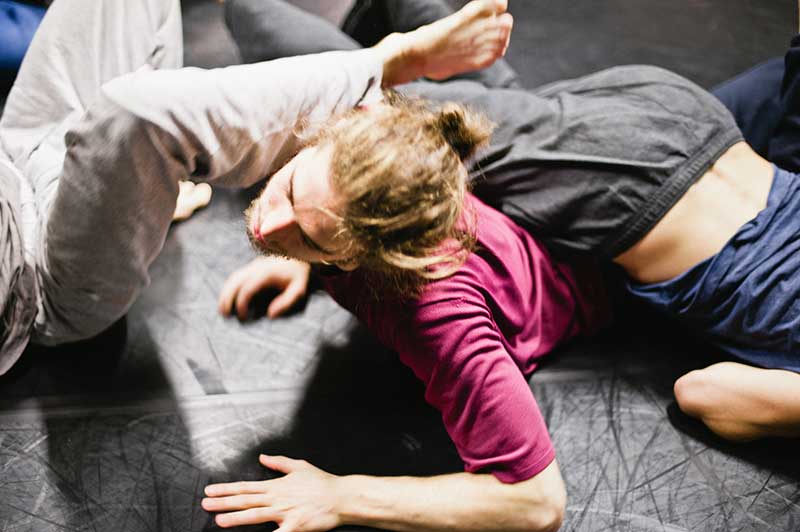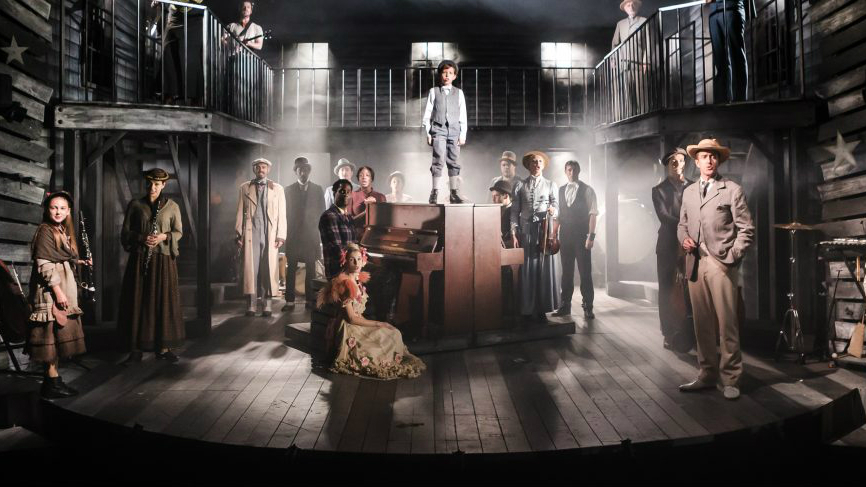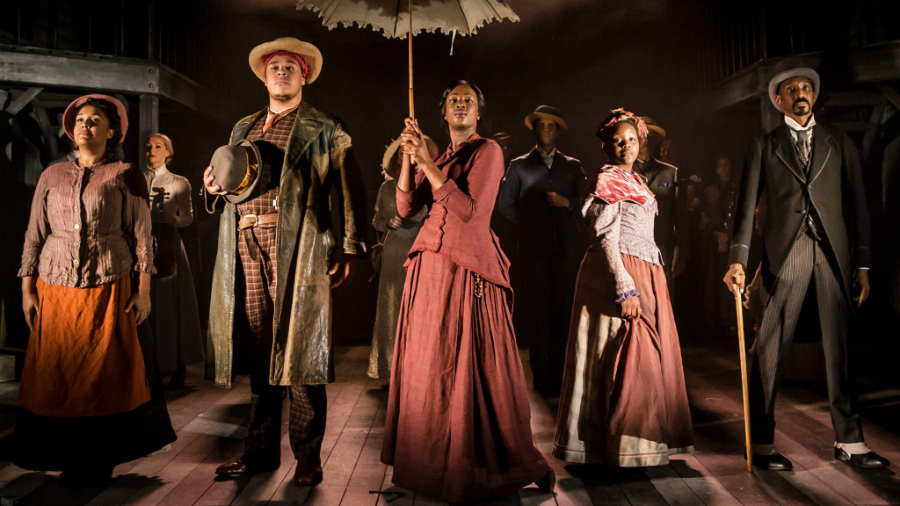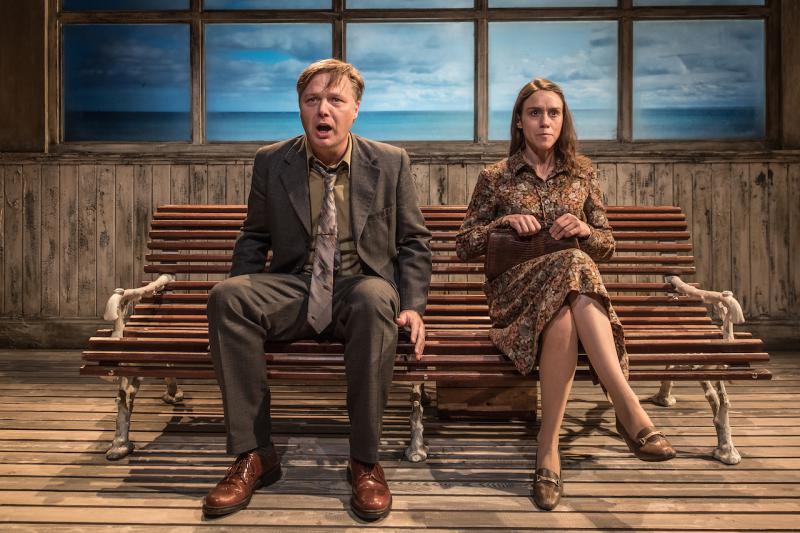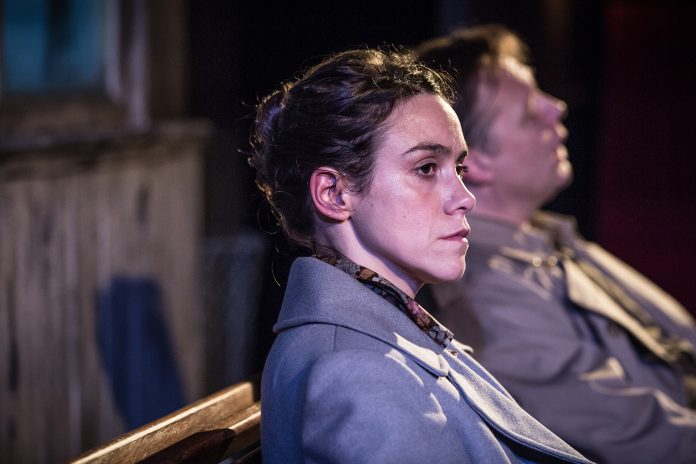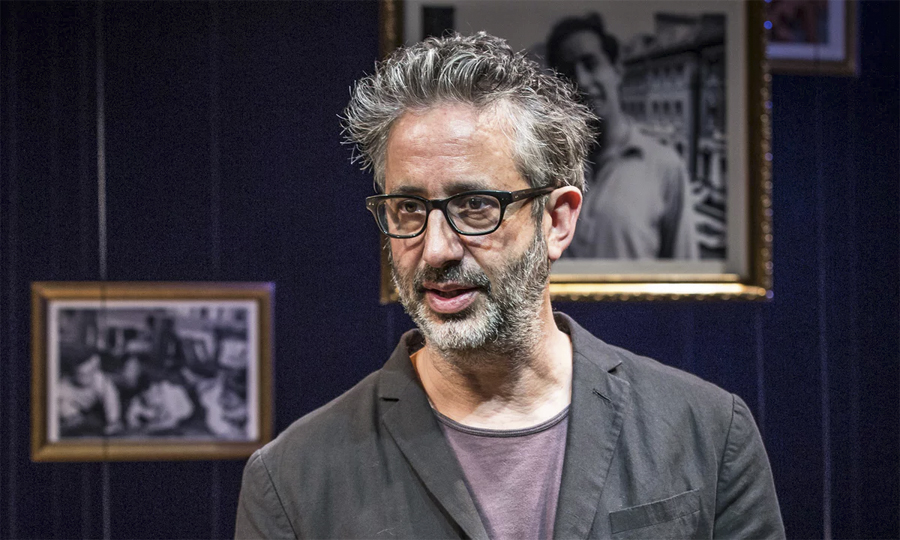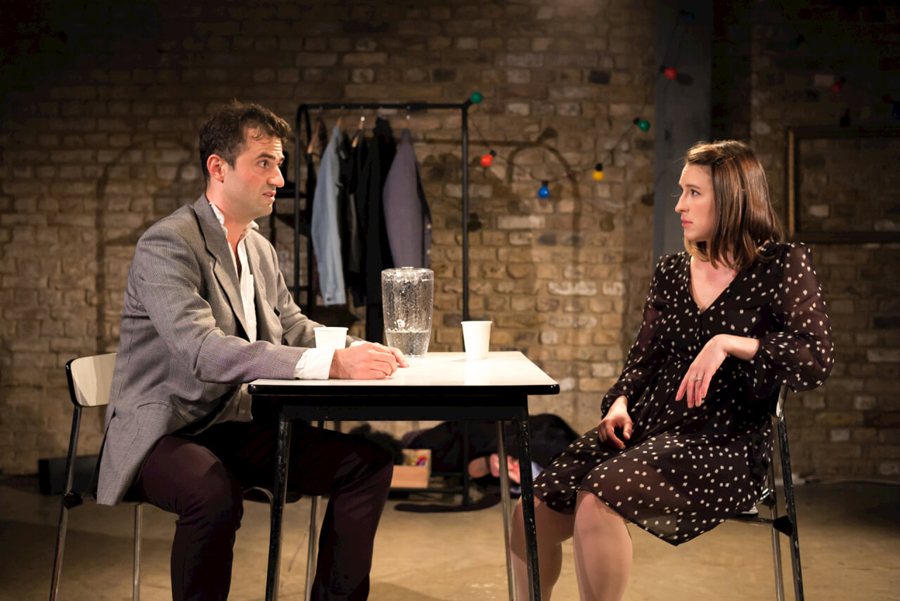 You'll recognise the battered toppers, silk handkerchiefs and the pocket watch, but will you recognise the characters you thought you knew and loved (or hated)? Young orphan Fagin, resourceful and charismatic, escapes the workhouse with his best mate Bill Sykes to build an underground empire, a refuge for the likes of Sykes's girl Nancy and the Artful Dodger. Then they stumble upon young Oliver Twist.…
You'll recognise the battered toppers, silk handkerchiefs and the pocket watch, but will you recognise the characters you thought you knew and loved (or hated)? Young orphan Fagin, resourceful and charismatic, escapes the workhouse with his best mate Bill Sykes to build an underground empire, a refuge for the likes of Sykes's girl Nancy and the Artful Dodger. Then they stumble upon young Oliver Twist.…
Fagin’s Twist is a breathtaking synthesis of dance, words, music and design, which succeeds brilliantly in finding – or fashioning – the fully-rounded humanity of Dickens’ characters we think we know so well already from the page, stage and screen.
Writer Maxwell Golden has dared to add his gloss to Dickens to tell those back stories – for Bill Sykes, Nancy, the Artful Dodger and of course Fagin himself. Aaron Nuttall’s Dodger narrates as niftily as he moves, so that Golden lives up to his name – his script sounding direct, fresh and as muscular as the dance itself.
Exploring the dark side of London in Dickens’ time and indeed right now, Tony Adigun’s restless, shape-shifting choreography is complemented by the constant morphing of Yann Seabra’s angular wooden slats lit with extraordinary versatility by Jackie Shemesh, to evoke alleys and streets and the sinister interiors of workhouse and thieves’ den.

A dark and thrilling eclectic score, both found and original, ranges from strings, piano and harp to music to blast you into submission, but even when it’s ‘in yer ears’ it earns its place there, thanks to sound designers Brian Hargreaves and Seymour Milton.
The performers crown this glorious synthesis by tackling both the dance and drama with energy and brio. Ensemble and soloists are equally at home in the breathlessly fast-moving routines and changing tableaux (sleight of hand looks like it comes naturally to this gang), as well as the escape over London's sinister roofscape; and the more measured duets and solos that explore the burgeoning relationship between Lisa Hood’s passionate Nancy and Dani Harris-Walters’ virile Bill. Joshua James Smith is an intriguingly complicated Fagin, a damaged youth using the cards fate deals him to find his golden opportunity in the gang leader’s swinging pocket watch. He’s a fine lithe figure in his swirling coat with fur tippet, cleverly evocative of Victoriana and yet cutting a more timeless dash like all Seabra’s costumes. Plus there’s Jemima Brown’s little orphan Oliver, working hard on tugging at Nancy’s heartstrings with his efforts to find his niche ...
There’s also an intriguing exhibition in the theatre bar of George Cruikshank’s illustrations for Oliver Twist, complete with correspondence from Dickens. Add some sly quotations from Lionel Bart’s Oliver in Golden's script and it all makes for an unexpected twist on Dickens.
By Judi Herman
Photos by Rachel Cherry
Fagin's Twist runs until Saturday 15 October, 8pm & 2pm, £18, £12 concs, at The Place, 17 Duke's Rd, WC1H 9PY; 020 7121 1100. www.theplace.org.uk
Then on tour at the following places:
Monday 17 October, 8pm, £10, at Gloucester Guildhall, GL1 1NS; 01452 503050. www.strikealightfestival.org.uk
Thursday 20 & Friday 21 October, 7.45pm, £12, at Birmingham Hippodrome, B5 4TB; 0844 338 5010. www.birminghamhippodrome.com
Tuesday 25 October, 7.30pm, £15, £10 concs, at Nottingham Lakeside, University of Nottingham, NG7 2RD; 0115 846 7777. www.lakesidearts.org.uk
Friday 28 October, 7.30pm, £14, £11 concs, at Barbican Plymouth, PL1 2NJ; 01752 267131. www.barbicantheatre.co.uk




